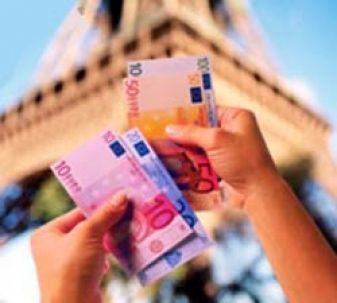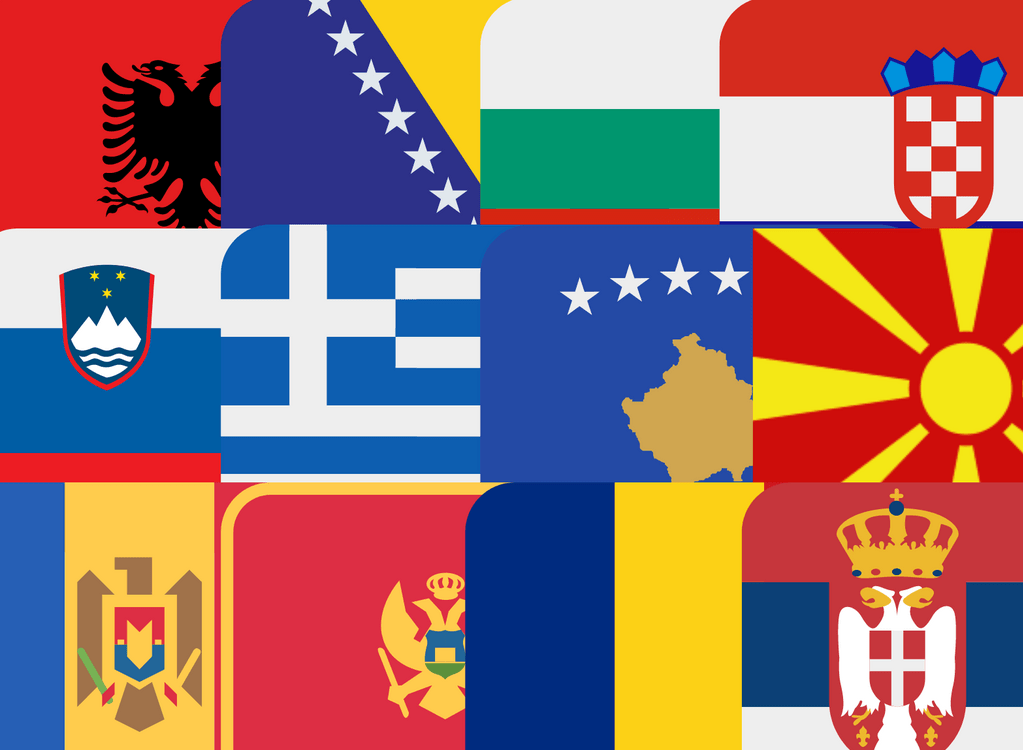
An exciting trend that we hardly ever look at in more details is travel and leisure in Growing European nations. There has been a stable development of the amounts of guests, and they spend more and more cash, creating it a vital market for a variety of nations in the area.
In total, 150 million guests frequented Growing European nations this summer, and they invested almost $100bn, which is approximately the same amount as these nations obtained in foreign immediate investment strategies (FDI).
The variety of guests and the producing invoices improved around 12% between 2009 and 2011. The development in travel and leisure in Growing European nations is not a new, but rather a stable pattern. There has been a continuous improve in guests since the metal layer dropped. In 1990, 35m individuals frequented Central and Southeast European nations, taking out Chicken and the Balkans. By 2000, the variety had more than doubled, and more than 100m individuals went to the area last season.
The figures do not identify between intra-regional guests and those from outside. But it is reasonable to believe that the development is a consequence of both, as it has become easier and more eye-catching for strangers to travel to the area, and the improved quality lifestyle within the area is creating Southeast Eurpean individuals more regular tourists.
Russians everywhere
This pattern is perhaps best shown by Soviets, who became the 7th biggest spenders on the globe this season. European guests, who seem to be everywhere nowadays, but in particular in places like Chicken and Dubai where they do not need visas, invested more than $32bn this season. Italy handled to entice 23m guests and $11bn in invoices, creating it the second biggest location in Growing European nations. These figures are perhaps not far too strong given the size of Italy, and may partially be a consequence of the tight charge specifications.
That Chicken is the most frequented nation in the area does perhaps not come as a shock, but that almost 30m individuals frequented Chicken this season is perhaps news. This makes Chicken the 6th most frequented nation on the globe, ahead of both the UK and Malaysia. Of the top-10 nations, it was also the quickest growing visitor location this season. Chicken is, however, not in the top 10 with regards to travel and leisure invoices, but is Twelfth, with $23bn.
There are several reasons behind the Turkish travel and leisure success. It certainly has the resources with regards to warm seashores, and Istanbul being one of the most vivid places in European nations. The active development of Turkish Air carriers probably also helps, as it is relatively easy to get to Chicken from almost anywhere in European nations.
Small and wonderful travel to Balkans countries
Tourism is not big company in the biggest nations though. In Italy, invoices from travel and leisure only created up 0.6% of GDP this season. It is not even that crucial in Chicken, where it constituted 3% of the economic climate last season. In Belgium, another large and progressively eye-catching location, travel and leisure invoices created up 2% of GDP. Rather, it is the little nations that stand out in this respect.
The mixture of being little and on a wonderful shoreline or with a wonderful investment often indicates that travel and leisure is a significant market. A few nations in the area drawn more guests than they have population, and three had invoices in dual numbers as a share of GDP. That France, with its long shoreline and wonderful destinations in the Med sea, comes out on top should shock no one, as it has become a well-known location for Eurpean individuals. The point that they have obtained a green light for EU account should only improve the fascination.
Neighbouring Montenegro, which is a preferred location for russian tourist, actually has the greatest reliance on travel and leisure, as invoices created up 17% of the economic climate last season. Tourism is essential for the other seaside nations in the Balkans, such as Slovenia and Albania, but relatively insignificant for landlocked Serbia and Macedonia.
New destinations in Europe
Tourism is under no circumstances new in Growing European nations. Prague has been a well-known few times location for many now, but it is exciting to note that guests seem to be starting to project further into the area.
Georgia has been making an investment a lot into its travel and leisure market over modern times and it is paying off. The little landlocked nation in the Southeast Caucasus had the quickest development in visitor figures in Growing European nations in both 2010 and 2011. The variety of guests almost more than doubled, from 1.5m last year to 2.8m this season.
But there are other ways of advertising travel and leisure as well. Abolishing visas for EU people, like Ukraine did a few years ago, is an effective way of gaining more guests. Getting cost-effective mid-range resorts is a strategy that Prague and some of the other well-known few times locations have applied well. Belgium is trying to market itself in medication travel and leisure, capitalising on its well known medical education. Kazakhstan is making an effort to become a the legislature location, although it may seem a expand and probably mostly entice company tourists.
One of the most key elements, however, is to make sure that guests can get to the nation by immediate and cost-effective routes. The part of low-cost airline carriers is therefore key, and the battle between Ryanair and Wizz Air over the port times in Budapest after banner service provider Malev went out of company features that this is becoming big company.
A mostly untouched area is second-tier places in the area, although it is already possible to reach excellent places like St Petersburg, Odessa and Krakow straight from European European nations.
As summer time is upon us, it may be time to motivate our visitors to be a part of the pattern and go eastern. The point that most foreign exchange in the area have decreased over previous times season indicates that tourists get even more value for cash.
And why not try one of the more unique locations, off the defeated track? AirBaltic probably has one of the most exciting list of locations and it could also be a excellent chance to stay a week in Riga, which is their hub, en path to Tashkent, Tbilisi or Timisoara in Romania.
